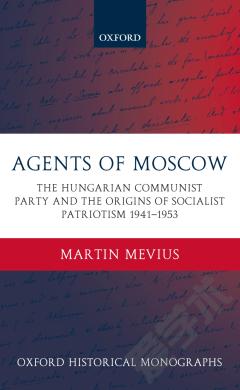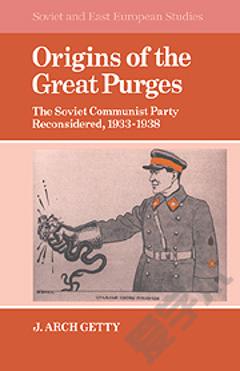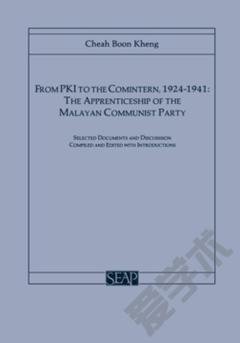Agents of Moscow —— The Hungarian Communist Party and the Origins of Socialist Patriotism 1941-1953
----- 莫斯科代理人:匈牙利共产党与社会主义爱国主义起源 1941-1953
After 1945, state patriotism of communist regimes in Eastern Europe was characterized by the widespread use of national symbols. In communist Hungary the party (MKP) widely celebrated national holidays, national heroes, erected national statues, and employed national street names. Martin Mevius' pioneering study examines the origins of this socialist patriotism, how it had become the self image of party and state by 1953, and why the MKP never rid itself of the label 'agents of Moscow'.
{{comment.content}}








 京公网安备 11010802027623号
京公网安备 11010802027623号